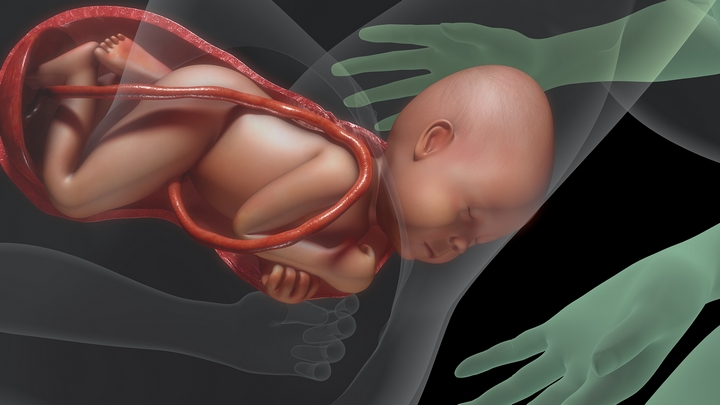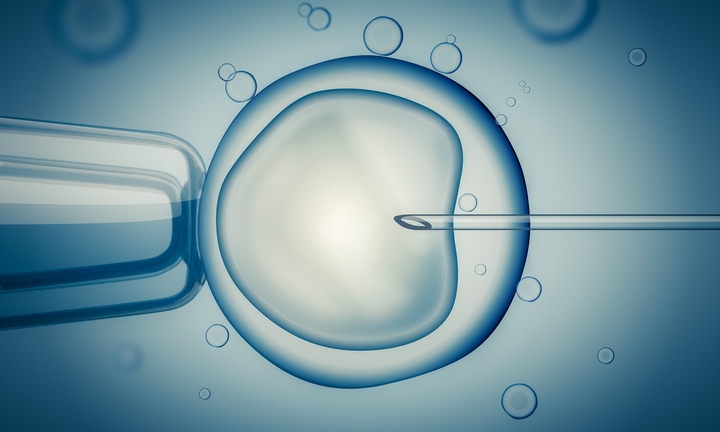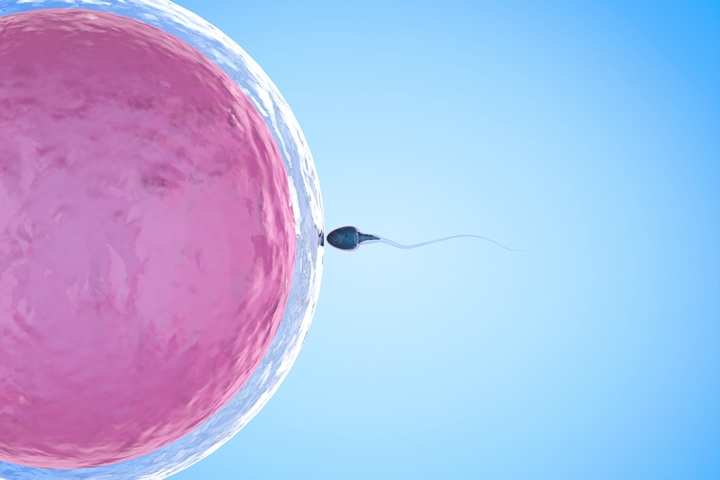
In vitro fertilization (IVF) refers to the process of fertilization by combining a sperm sample with a female’s eggs in a laboratory dish. This results in the formation of an embryo which is then transferred to the uterus in hopes that it will result in a pregnancy.
IVF has proven extremely successful in fertility clinics, allowing parents who have had difficulties conceiving a child the opportunity to give birth to healthy children. If you and your partner are hoping to conceive and have been unable to, below are reasons why IVF may be the right decision for you.
1. Most successful fertility treatment

If you are experiencing issues conceiving a child, there are many options that address infertility and help parents give birth to healthy babies. Fertility medications are usually the first step and are used to stimulate ovulation and increase hormones in the body. If these prove ineffective in allowing someone to become pregnant, the next step is intrauterine insemination which consists of a catheter being inserted into the uterus to deposit a sperm sample.
IVF is the final step in addressing infertility after this however in instances of conditions such as male infertility, blocked fallopian tubes, or advanced age, a doctor may choose to skip right to IVF to save you time and money and because it is the most successful option. When fertility medication or intrauterine insemination is used, pregnancy rates are approximately 12 percent. For IVF, it is 55 percent meaning you have a better chance of becoming pregnant when choosing this option.
2. Additional embryos

Not only is IVF popular because it is the most successful in initiating a pregnancy, it has the potential to facilitate the development of multiple embryos. This means that in addition to a healthy embryo that will be chosen for fertilization, there will be other embryos available. Having additional embryos means that they can be frozen and used in instances where the embryo chosen for
IVF does not develop and another one is needed or if you choose to have another child in the future and may have advanced in age to the point where IVF is required a second time. History has demonstrated that frozen embryos are just as likely to result in pregnancies as fresh ones, meaning you are not at a disadvantage when additional embryos undergo the freezing process.
3. Bypasses numerous infertility issues

Infertility can be caused by numerous issues with approximately 16% of woman worldwide affected by a condition that renders them unable to conceive. These issues include polycystic ovary syndrome, endometriosis which causes a lack of healthy eggs, blocked or damaged fallopian tubes, or advanced age.
The inability to conceive can also be the result of a low sperm count on behalf of the male. IVF provides a solution to all of these conditions and assists prospective parents reach their ultimate goal of conceiving a child.
4. Increases chances of a healthy baby

Giving birth to a healthy baby is the goal of every expecting parent and IVF is beneficial because you can maximize the chances of doing so when this process is used. By using a genetic screening tool called pre-implantation genetic diagnosis (PGD), a doctor can determine which embryos will likely result in a healthy pregnancy.
Used to screen for abnormal numbers of chromosomes and other potential issues, PGD can effectively screen for Down syndrome, Huntington’s disease, cystic fibrosis, and muscular dystrophy if a parent has a family history of these illnesses or tests positive for the gene. As a result, only the healthiest of embryos will be selected, ensuring that you give birth to a child that is healthy.
